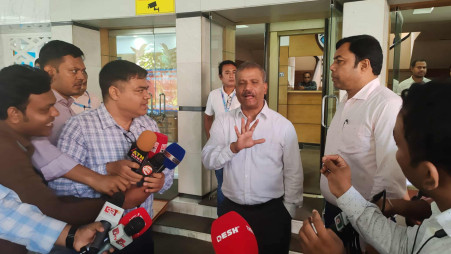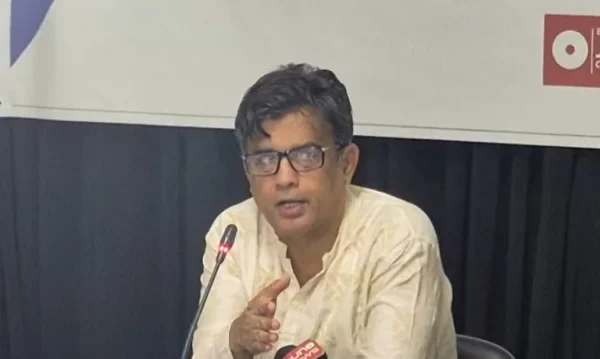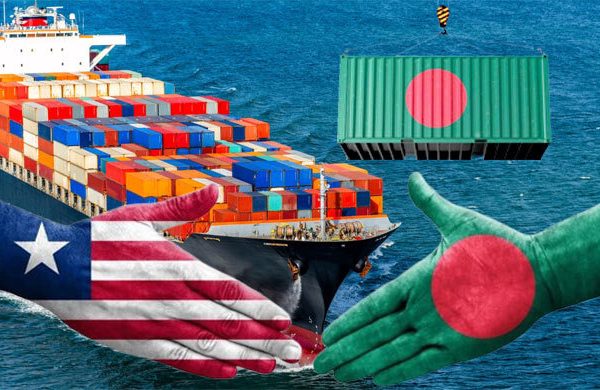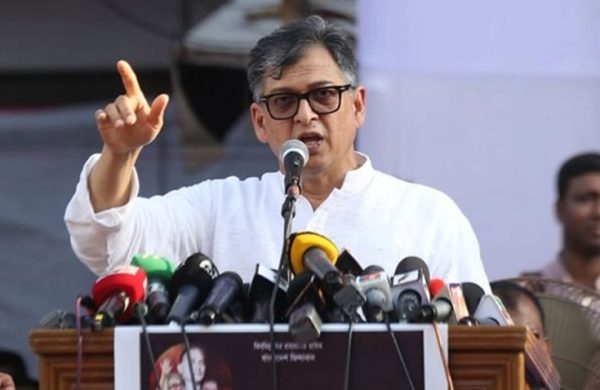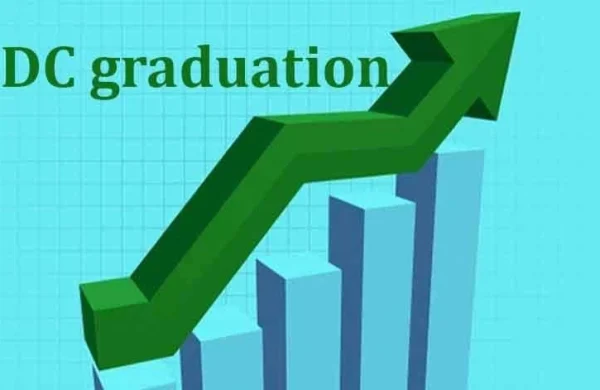Sustainable investment must be a shared global responsibility: Rizwana
- Update Time : Sunday, July 20, 2025
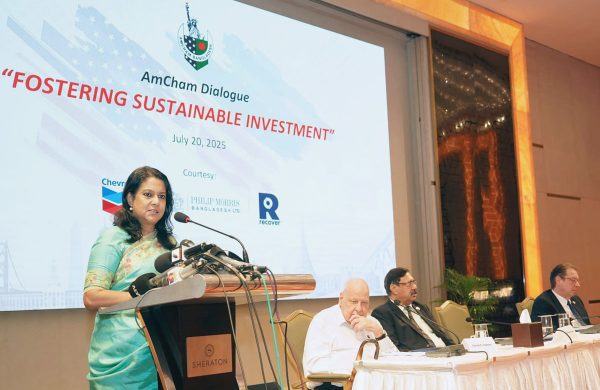
Staff Correspondent:
Sustainable investment must be recognized as a global responsibility, not merely a national goal, said Syeda Rizwana Hasan, Adviser to the Ministry of Environment, Forest, and Climate Change and the Ministry of Water Resources, while addressing the AmCham Dialogue on Fostering Sustainable Investment in Dhaka on Sunday, said a press release.
“Sustainability must go hand in hand with equity,” she emphasized, warning that if resource-intensive economies continue to consume disproportionately, no global sustainability framework will hold. She called for both sustainable transactions and investments to be integral parts of the global economic agenda.
Focusing on Bangladesh’s industrial sectors, Rizwana Hasan highlighted key innovations in the textile industry, such as waterless dyeing technologies, and stressed the urgent need to finalize the Industrial Water Use Guidelines. These guidelines, she said, will regulate groundwater extraction and introduce fair pricing. “Once industries start paying for water, they’ll use it more responsibly,” she noted.
The Adviser also urged stronger chemical safety regulations, pointing out that harmful substances—though removed from export products—still persist in domestic manufacturing. “We’re waiting for a binding chemical management rule for the textile sector. It’s a public health imperative,” she said.
Turning to the energy sector, Rizwana Hasan spoke about the government’s newly adopted Renewable Energy Policy, which sets a goal of 30% renewable energy by 2030. “Bangladesh’s journey toward energy sovereignty must begin now,” she declared, announcing that every government office will be required to install renewable energy systems. She added that the transition must be both realistic and tailored to local needs.
On the issue of climate justice, she stated, “Bangladesh is among the worst victims of climate change, yet the crisis was not created here. A sustainable global order must account for this injustice.”
Addressing the ongoing tobacco regulation debate, Rizwana Hasan reaffirmed the government’s commitment to stakeholder consultation. “Public health must take precedence. We must be inspired by models like Singapore, where non-compliance with tobacco laws is below 5 percent,” she said.
She concluded by calling for collective responsibility in the shift toward sustainable growth. “Sustainability shouldn’t be seen as a producer’s burden alone. The cost must be shared fairly by both buyers and producers to ensure a just transition for millions of workers behind our growth,” she said.
The event, hosted by the American Chamber of Commerce in Bangladesh (AmCham), brought together policymakers, industry leaders, and environmental experts to discuss investment ethics, green growth, and regulatory frameworks. Among the speakers were Syed Ershad Ahmed, President of AmCham; Forrest E. Cookson, economist and former AmCham President; and Eric M. Walker, AmCham Vice-President and President of Chevron Bangladesh. The dialogue featured presentations by Recover, Chevron Bangladesh, and Philip Morris Bangladesh.




